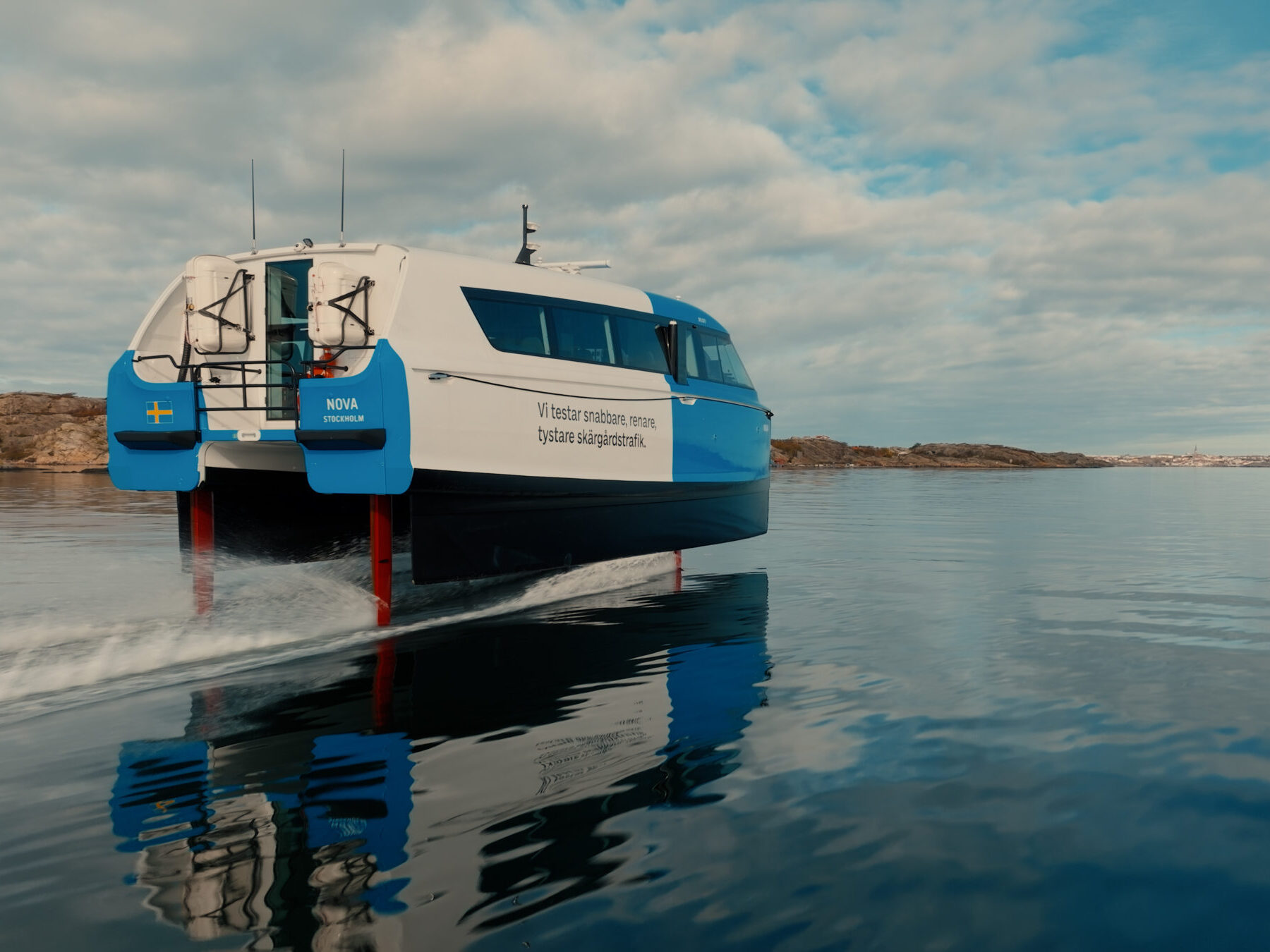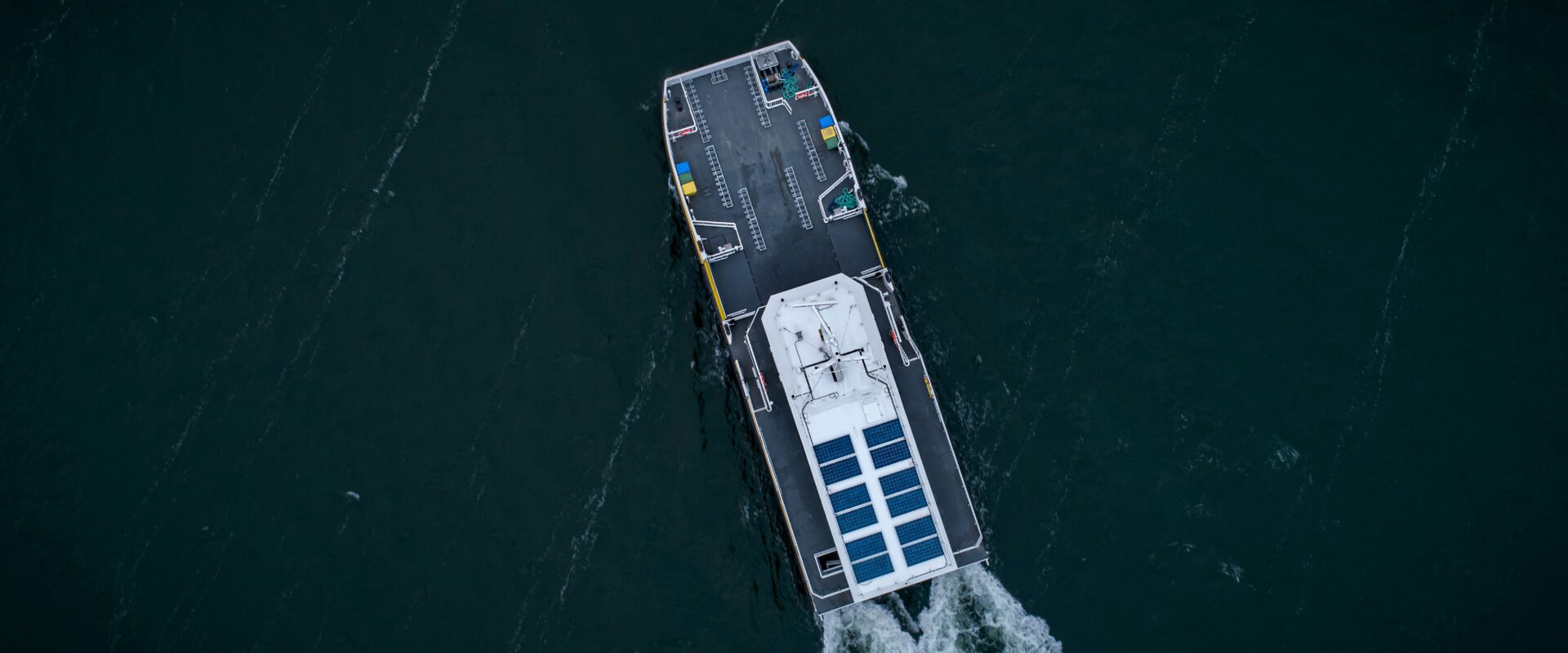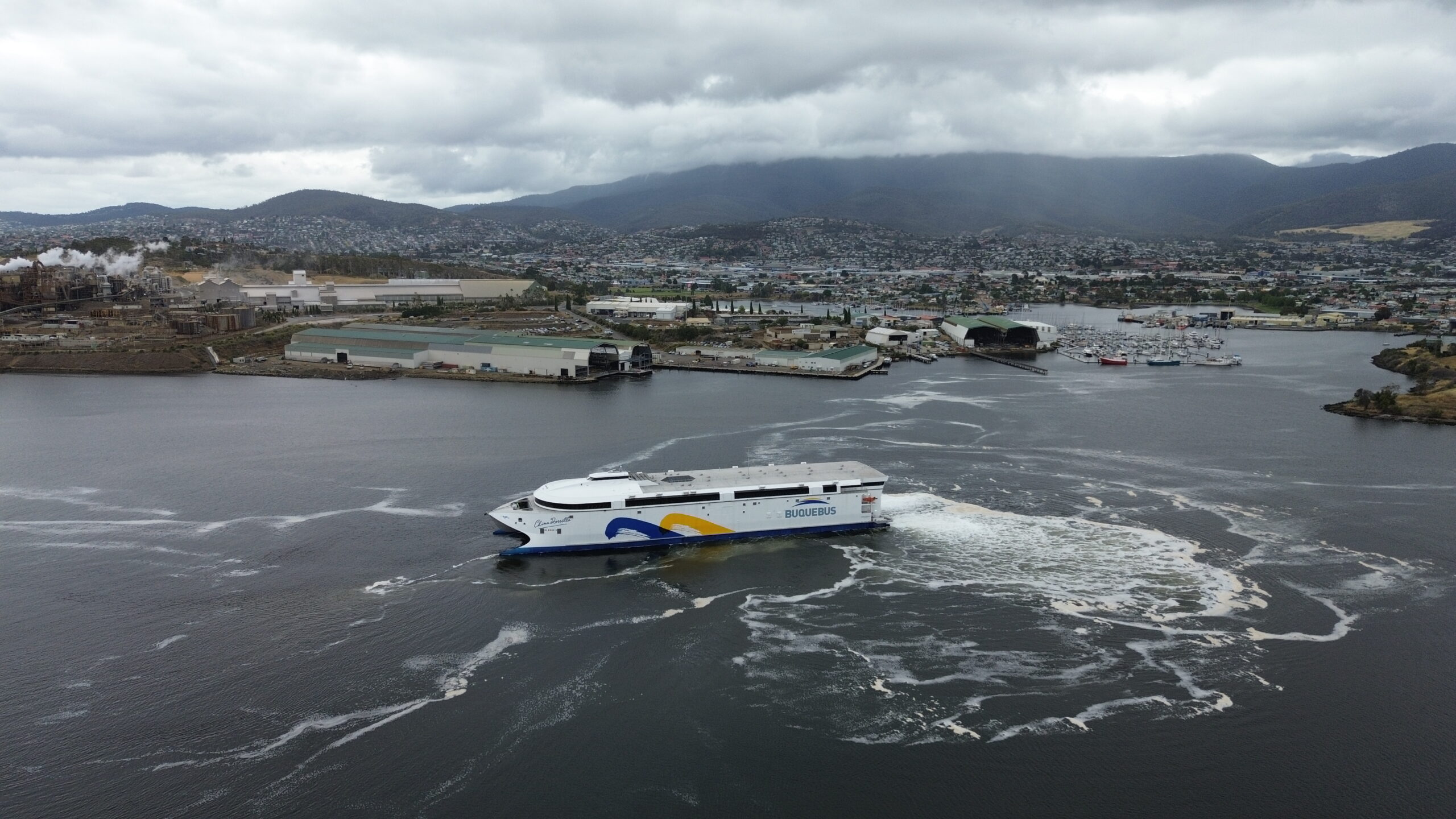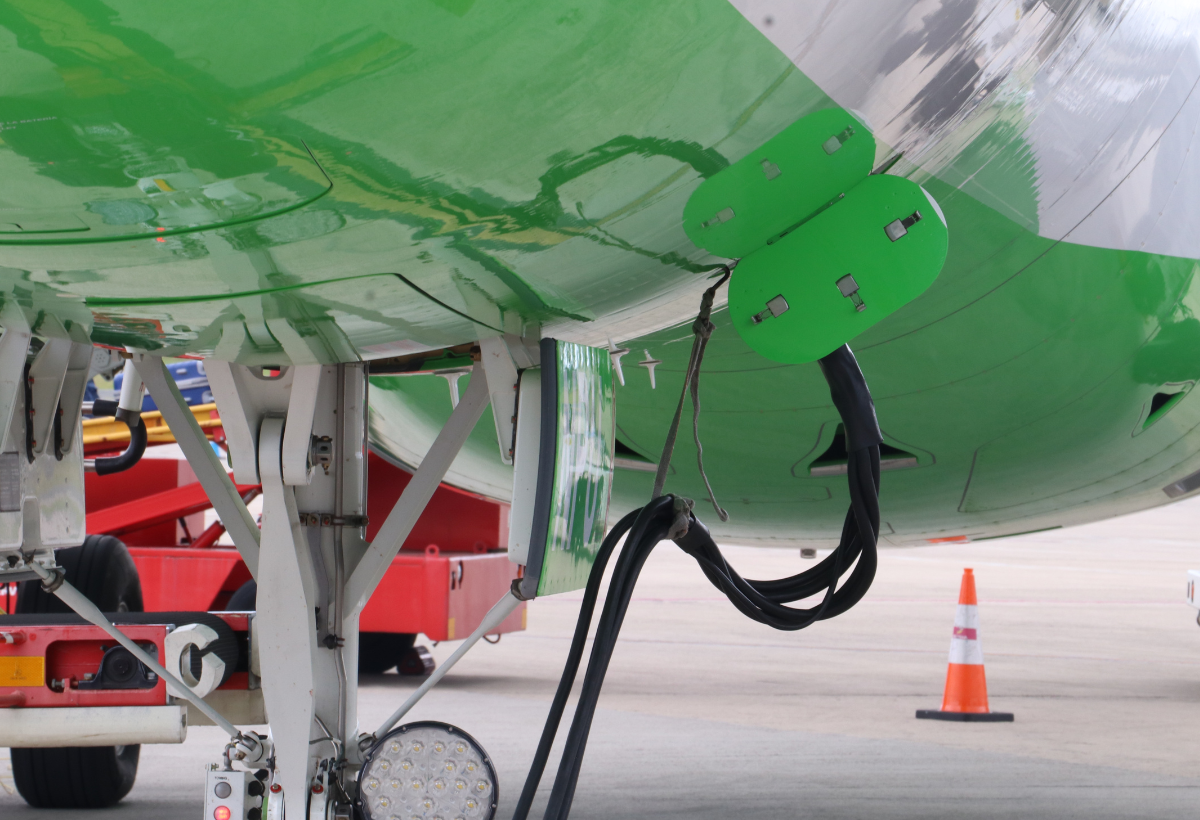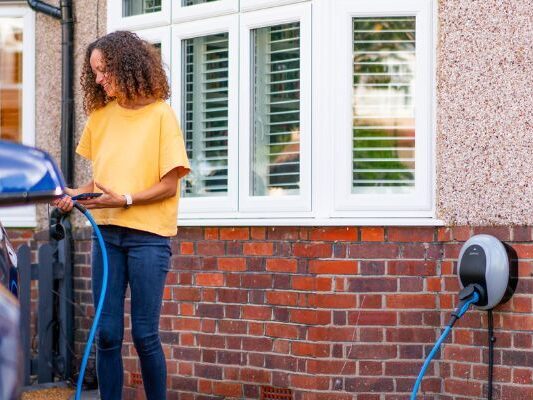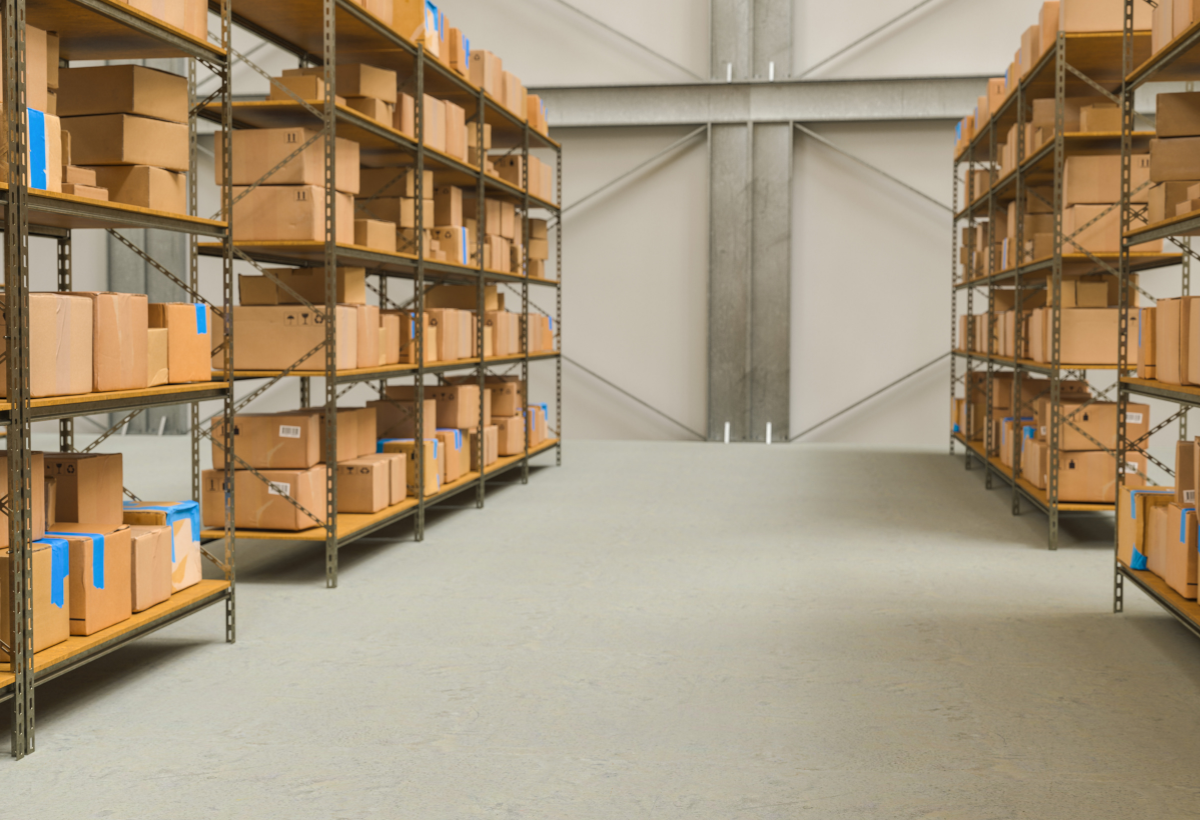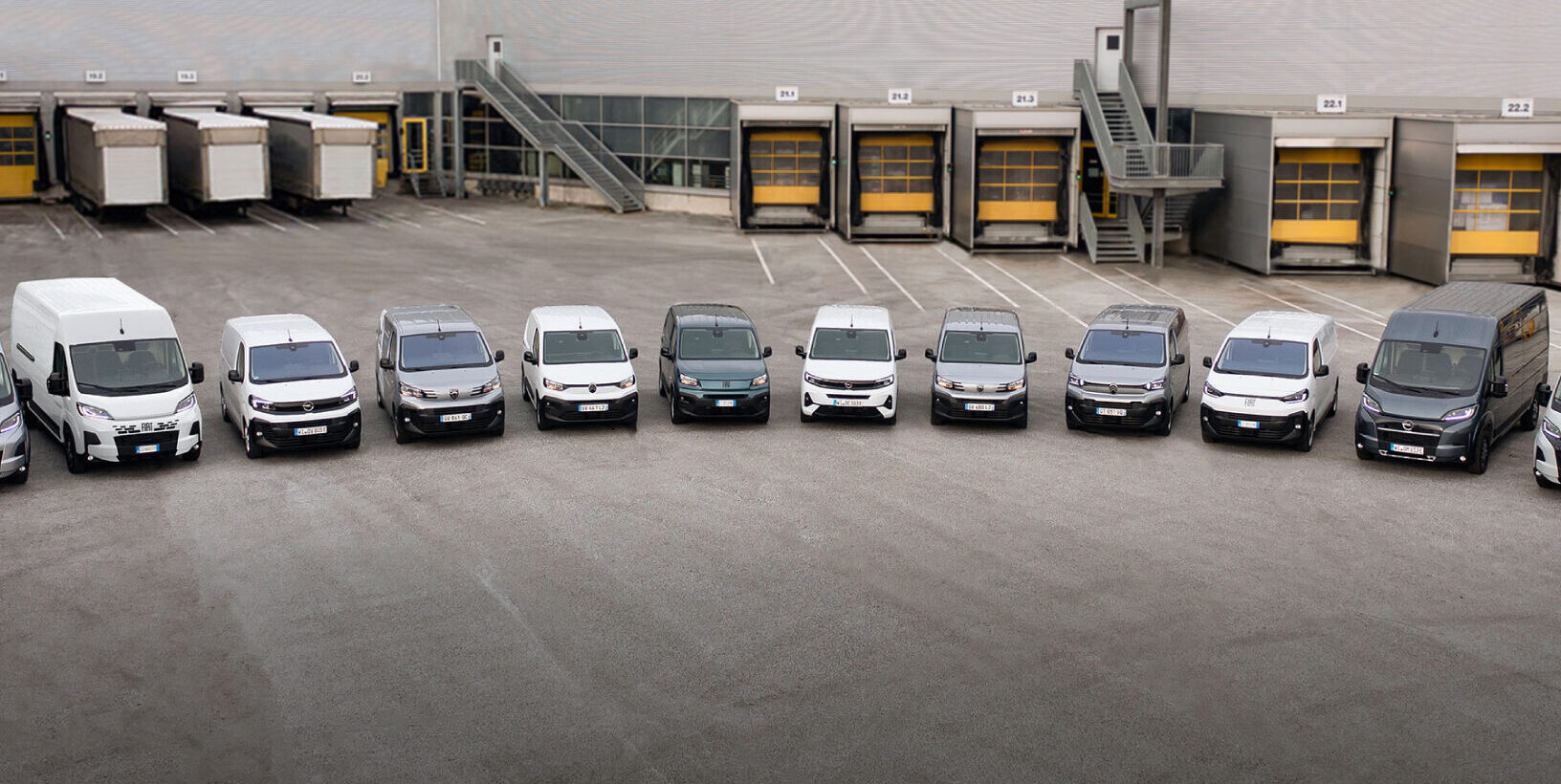DFDS has announced that it will deploy two battery-powered vessels in the Eastern Channel by 2030, with a further four planned for future introduction in the long term.
The UK Minister for Investment and Regulatory Reform recently met with members of DFDS at their headquarters in Copenhagen to discuss the electrification of maritime vessels across the English Channel.

In addition to the two battery-powered vessels, DFDS plans to introduce two methanol and two ammoniac ferries over the next six years, with the six green ships costing roughly 7.3 billion DKK in total.
UK Minister for Investment and Regulatory Reform, Lord Dominic Johnson, said:With its superb infrastructure, technological advances and proximity to Denmark, the UK is the partner of choice for green investments like this. DFDS’ commitment highlights the value of our trading relationship and the strategic importance of the English Channel shipping route.
The UK Government remains steadfast in its aim to reach net zero by 2050 and the green transition of the cross-Channel shipping will create British and Danish jobs and strengthen both our economies.
The English Channel remains one of the busiest shipping corridors in the world, linking two of the world’s largest economies and representing up to 33% of trade between the EU and UK.
DFDS will also introduce a significant portion of infrastructure to facilitate the recharging of green vessels at ports throughout the Channel and its associated power supply.
Torben Carlsen, CEO of DFDS, said:We have a shared ambition with the UK Government to decarbonise maritime traffic across the channel. The transition is not going to be easy. It requires significant investments in innovation, technology and infrastructure, and collaboration and partnerships between the public and private sectors. But I am confident that we will succeed.
DFDS will invest in green vessels and cooperate with ports and governments on both sides of the channel to decarbonise cross channel transportation.



